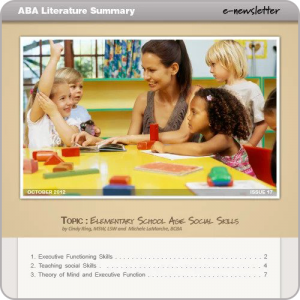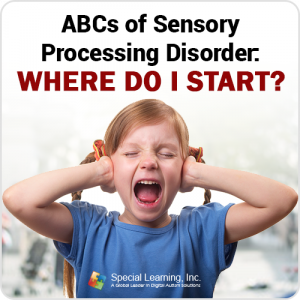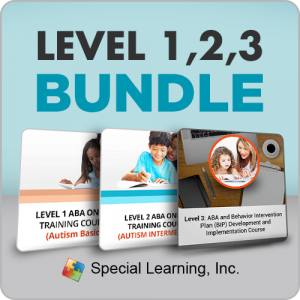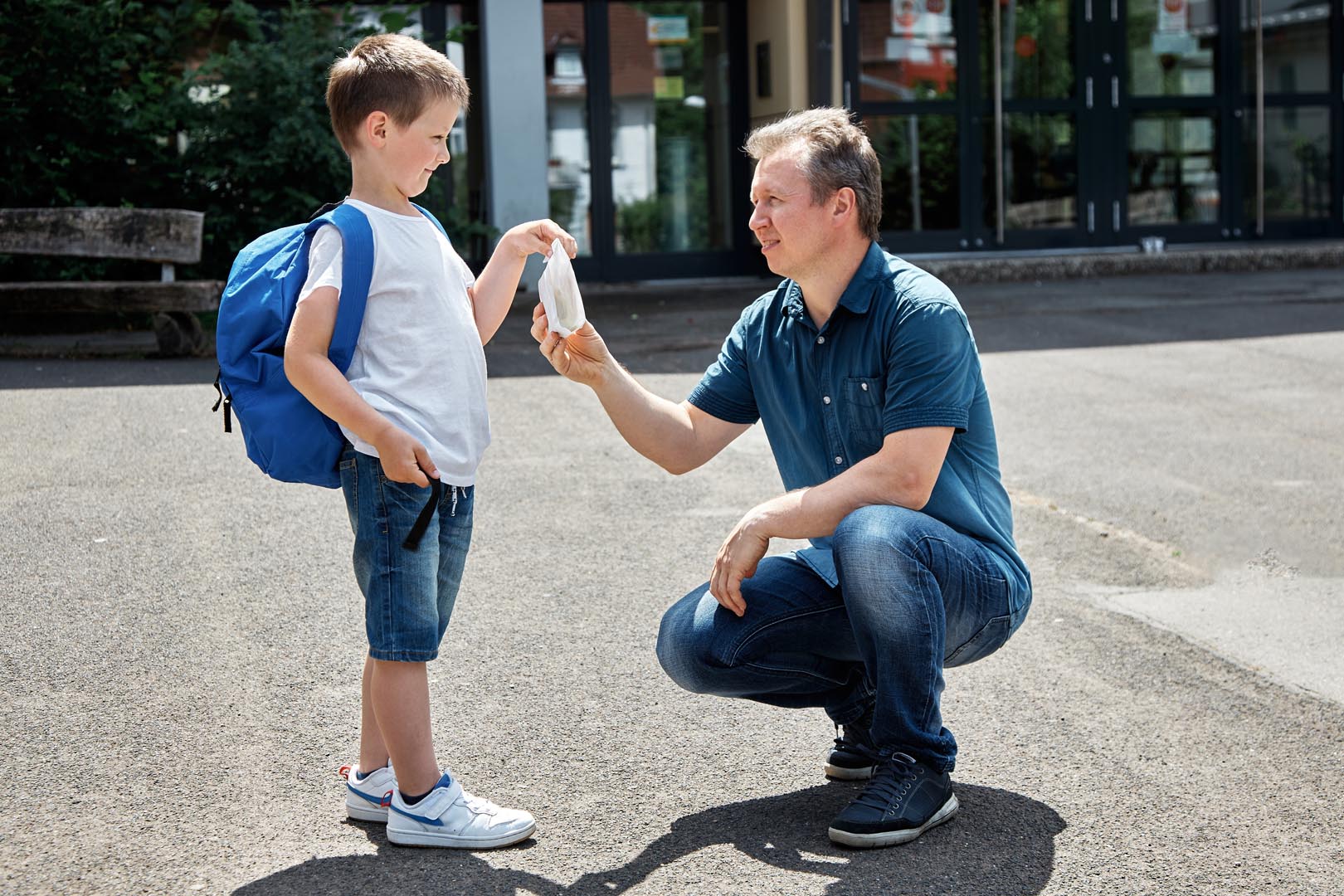Using ABA Techniques at Home for Successful Transition to School
A child with autism can successfully transition into the school setting. However, one of the biggest challenges is getting the child ready for that transition. The most effective approach is to prepare for transition using the techniques of Applied Behavioral Analysis. When this method is implemented appropriately, you can teach your child learning skills and social skills that will prepare him or her to be more successful in school, while eliminating or minimizing the potential issues that may arise during the transition process. Utilizing the correct ABA techniques at home will give your child the necessary tools to successfully adjust to a school environment.
Below are a few techniques you can use for a successful transition:
– Familiarize your child with the setting he will be transitioning into. You could take your child to visit the school and meet all of the people he will typically be interacting with. Take pictures of him with each of these people, if possible. Use these pictures to create a social story called “Going to School”. Read this story to your child several times a day and talk about how fun school will be. While you are reading this story, make sure to provide reinforcement, or rewards, to associate good things with the idea of going to school.
Ideas of rewards to use could be eating a bowl of popcorn while reading the book, offering him his favorite drink, or providing small toys to play with after reading the entire book. Just the closeness of interaction during a reading should be an additional reward for your child.
– Make sure to familiarize your child with items that are seen and used in a school setting. This should include a calendar, crayons, safety scissors, markers, paint, common toys, books, construction paper, etc. In fact, if you visit your child’s classroom, you could even replicate at home how an area is set up at school to make him comfortable in that set up prior to entering school.
– Start a calendar counting down the days until school starts. Show your excitement about your child being a big boy or big girl and being able to start going to school. Give your child some sort of small reinforcement, or reward daily, as you mark days off of the calendar.
– Start an ABA home program. Remember that ABA sessions should not stop once your child starts school.
A child with special needs will benefit from the continuous home intervention which will reinforce the skills taught at school. This combination will give your child the best opportunity to learn and to grow into a more independent person, allowing him or her access to a better quality of life.
Whether your child has already started a school year or not, modifications of the above-mentioned methods and techniques can be implemented to improve his enjoyment of school. Instead of using a calendar to mark off days until school starts, use one to mark off days of the week until he gets to stay home for two days.
Instead of just familiarizing him with items from school, reinforce what he does at school by using them in the same way and reinforcing him for trying hard or for succeeding. Instead of making a social story for going to school, make one more specific to difficult parts of the day.
ABA techniques are evidence-based and are effective in helping both children with special needs and their peers adapt to new situations. If you aren’t already using ABA techniques with your special needs child, you should be trained in them and begin to use them as soon as possible. Special Learning’s ABA Online Training is a 9-week course that teaches the basics of ABA and implementation. Training such as this is essential to being able to apply ABA techniques appropriately and consistently.
Copyright © by Special Learning Inc. All right reserved.
No part of this article may be reproduced in any manner whatsoever without written permission except in the case of brief quotations embodied in critical articles and reviews. For information, contact Special Learning Inc., at: contact@special-learning.com











